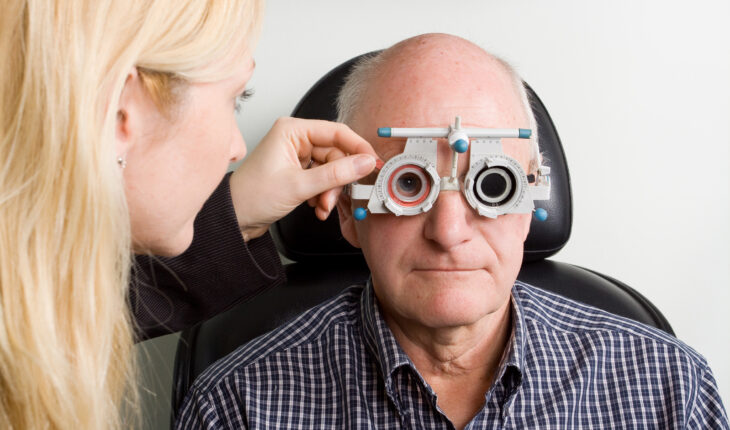Blindness is a significant health concern that affects millions of individuals globally. Understanding the various factors that can contribute to this condition is crucial in preventing its occurrence. Several elements, ranging from genetic predispositions to lifestyle choices, can influence one’s susceptibility to blindness. By recognizing these factors, individuals can take proactive steps to mitigate their risk and preserve their vision.
Genetic Factors
Genetics plays a substantial role in determining an individual’s susceptibility to blindness. Inherited conditions such as retinitis pigmentosa, glaucoma, and age-related macular degeneration can significantly impact vision. These conditions often manifest due to specific genetic mutations or familial traits, highlighting the importance of understanding one’s family history concerning eye health. Genetic predispositions might increase the likelihood of certain eye diseases, emphasizing the necessity of regular eye examinations for early detection and intervention. Genetic testing has also become more accessible in recent years, allowing individuals to understand their genetic makeup and potential risk for certain eye conditions. This knowledge can inform lifestyle choices and preventative measures to reduce the chances of developing vision impairments. Genetics can also influence an individual’s response to treatments for eye diseases.
Diabetes
One of the leading causes of blindness among adults is diabetic retinopathy, a complication of diabetes that affects the eyes. High levels of blood sugar associated with diabetes can damage the blood vessels in the retina, leading to vision impairment and, if left untreated, blindness. People with diabetes are 2 to 5 times more likely to develop cataracts. Proper management of blood sugar levels through medication, lifestyle changes, and routine eye check-ups is crucial in preventing or slowing down the progression of diabetic-related eye complications. Regular eye exams can also help in early detection and treatment of any underlying issues, reducing the risk of vision loss. People with diabetes are also at a higher risk for developing glaucoma, a group of eye diseases that damage the optic nerve and cause vision loss. This is because high blood sugar levels can increase pressure within the eye, damaging the nerve over time.
Lifestyle Choices
Certain lifestyle choices can significantly impact eye health and increase the risk of blindness. Smoking, for instance, not only affects overall health but also contributes to vision problems such as macular degeneration, cataracts, and damage to the optic nerve. A poor diet lacking essential nutrients like vitamins C and E, zinc, and omega-3 fatty acids can heighten the risk of eye conditions that lead to blindness. Exposure to harmful UV rays without adequate eye protection can also contribute to eye diseases, highlighting the importance of wearing sunglasses that offer UV protection. Excessive alcohol consumption can lead to vision impairment and increase the risk of developing cataracts. Aside from these lifestyle choices, regular eye check-ups are crucial in maintaining good eye health. Many eye diseases do not have noticeable symptoms until they have progressed to an advanced stage, which can be too late for treatment. It is essential to have regular comprehensive eye exams to detect any potential issues early on and prevent vision loss.
While certain factors that increase the risk of blindness, such as genetic predispositions, may be beyond an individual’s control, proactive steps can still be taken to safeguard vision. By raising awareness about these factors and promoting preventive measures, individuals can take charge of their eye health and work towards preserving their vision for years to come.
Did You Enjoy Reading This Article? Here’s More to Read: Why Daily Walks Are an Important Part of Staying Healthy




